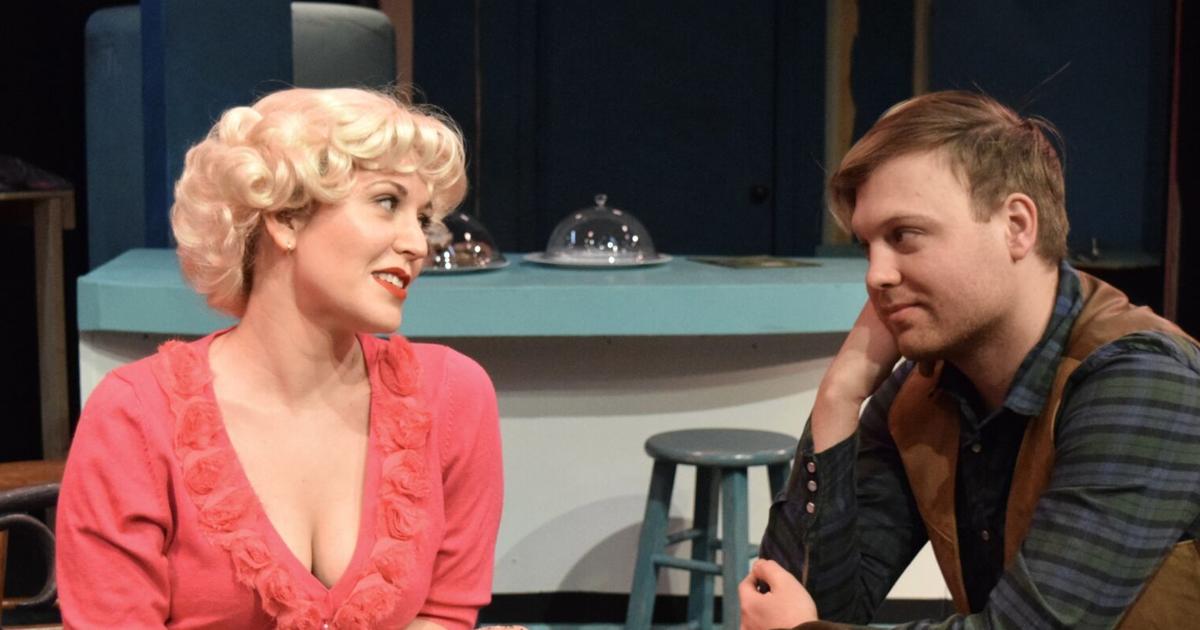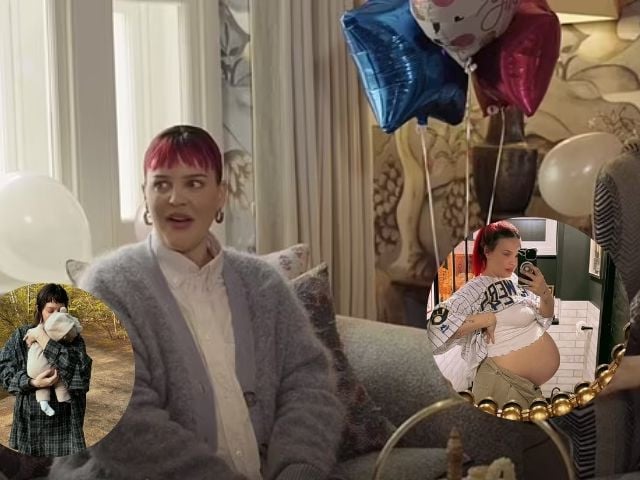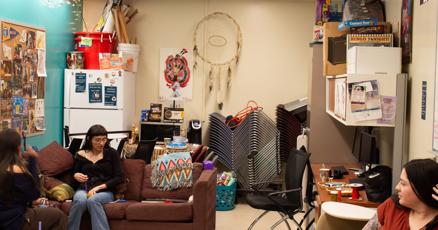Nostalgia on Stage: Adobe Theater Revives Classic '50s Drama 'Bus Stop'

In a captivating exploration of human connection and unexpected intimacy, the Adobe Theater brings William Inge's classic play "Bus Stop" to life, delving into the transformative power of chance encounters. Set in a small, isolated Kansas diner during a snowstorm, the production masterfully reveals how a group of strangers can forge unexpected bonds when circumstances force them together.
As the blizzard rages outside, diverse travelers find themselves temporarily stranded, creating a microcosm of human interaction that peels back layers of personality, vulnerability, and potential. Inge's nuanced script promises a compelling narrative that examines the delicate dynamics of human relationships when conventional social barriers are stripped away by circumstance.
The Adobe Theater's production invites audiences to witness the remarkable journey of ordinary people discovering extraordinary connections in the most unlikely of settings—a humble roadside diner that becomes a crucible of personal transformation and shared humanity.








